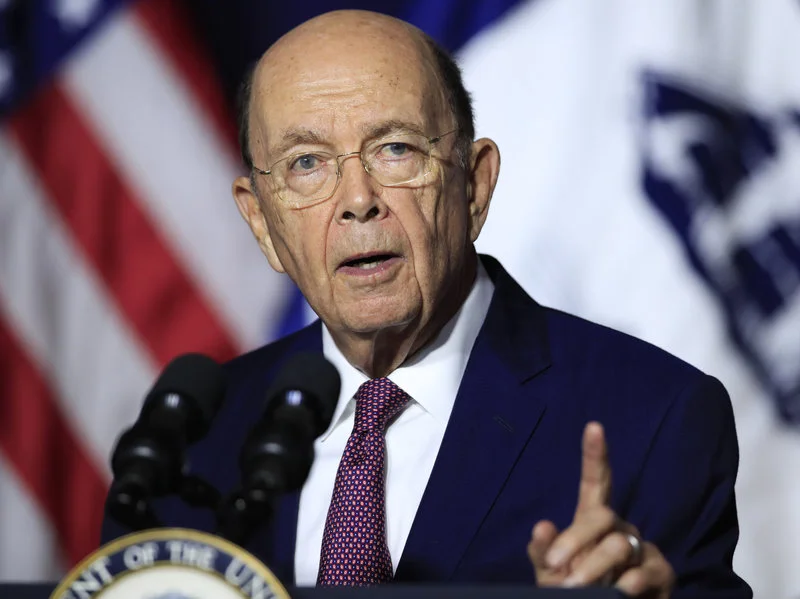Citizenship Census Question Controversy Renewed After Trump Tweets By Luke Perry and Phillip Howard
The Supreme Court recently announced its long-awaited decision regarding a citizenship question Secretary of Commerce Wilbur Ross was looking to add to next year’s census. In a 5 to 4 decision the court struck down the inclusion of a citizenship question. Chief Justice John Roberts wrote that the reasoning provided by the Trump administration was “contrived,” suggesting “genuine justifications for important decisions are necessary” so there are “reasons that can be scrutinized by courts and the interested public.”
Photo by Manuel Balce Ceneta/AP
Writing in dissent of the case, Justice Clarence Thomas, joined by Justices Neil Gorsuch and Brett Kavanaugh, believed the court, “for the first time ever,” opened paths for for attack where “opponents of executive actions have strong incentives to craft narratives that would derail them.” Justice Samuel Alito offered his own partial dissent, stating “the federal judiciary has no authority” to interfere in policy decisions regarding the executive.
President Trump Tweeted afterwards that he asked lawyers about the possibility of a delay with the census until his administration can gather evidence to better argue its position. Trump previously called the census, without the citizenship question, “ridiculous” and a waste of money.
Government lawyers were confused by Trump’s most recent Tweets because that was the first they heard of the President's desired response to court decision. Moreover, the Department of Justice and Secretary Ross publicly said these efforts would be abandoned. A day later, the Department of Justice said it would reexamine if the citizenship question could be added.
Photo by Getty
This will not be easy to do. The June 30 printing deadline has passed and the Commerce Department has said the census is already being printed.
In addition, the president recently stated publicly that the citizenship question is needed for Congress “for districting,” raising questions of why and how exactly. President Trump also publicly suggested this may take the form of an executive order.
Whatever happens next, legal scrutiny is likely to continue in the courts.
Luke Perry (@PolSciLukePerry) is Professor of Government at Utica College
Phillip Howard is a graduate student at Utica College







